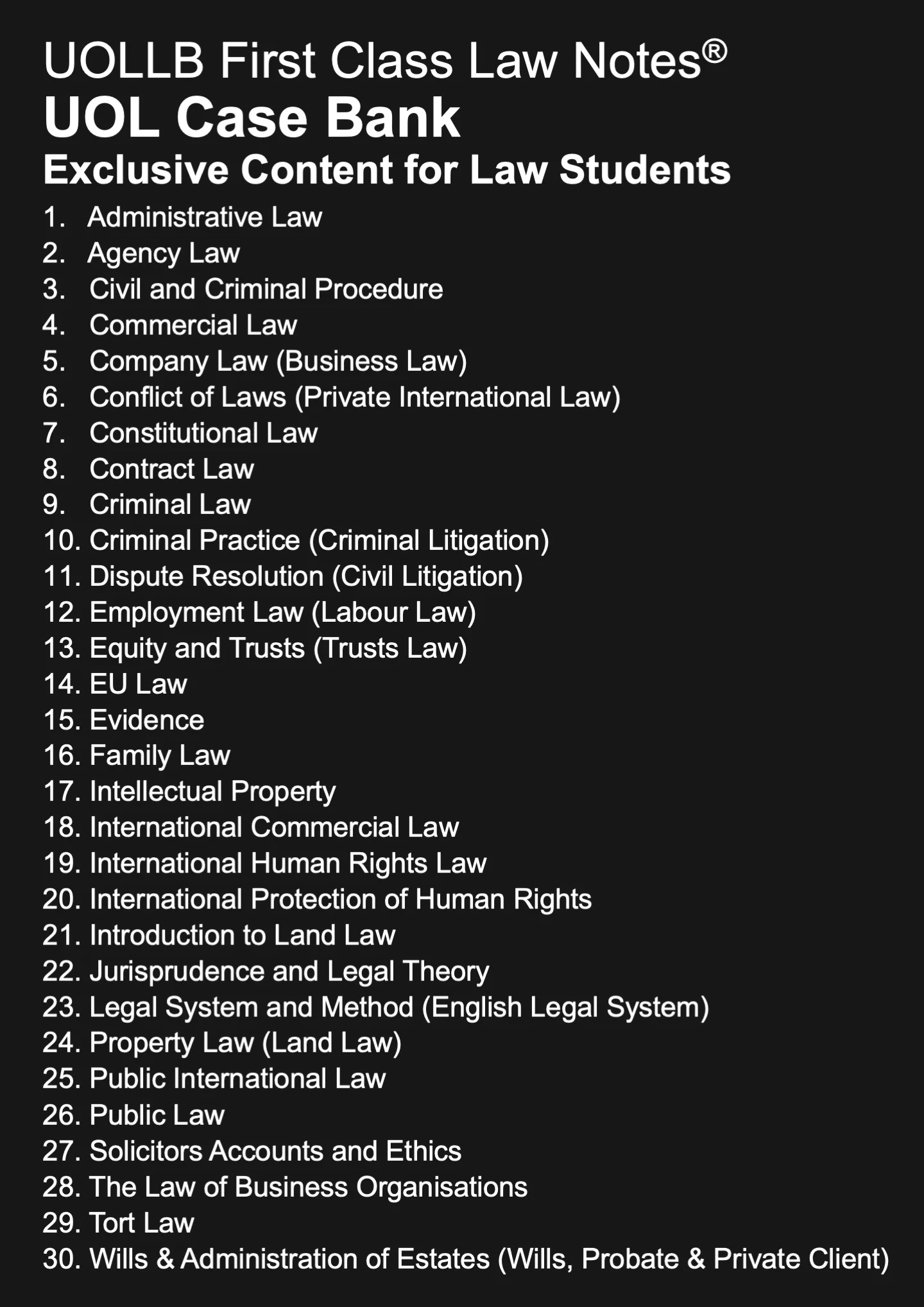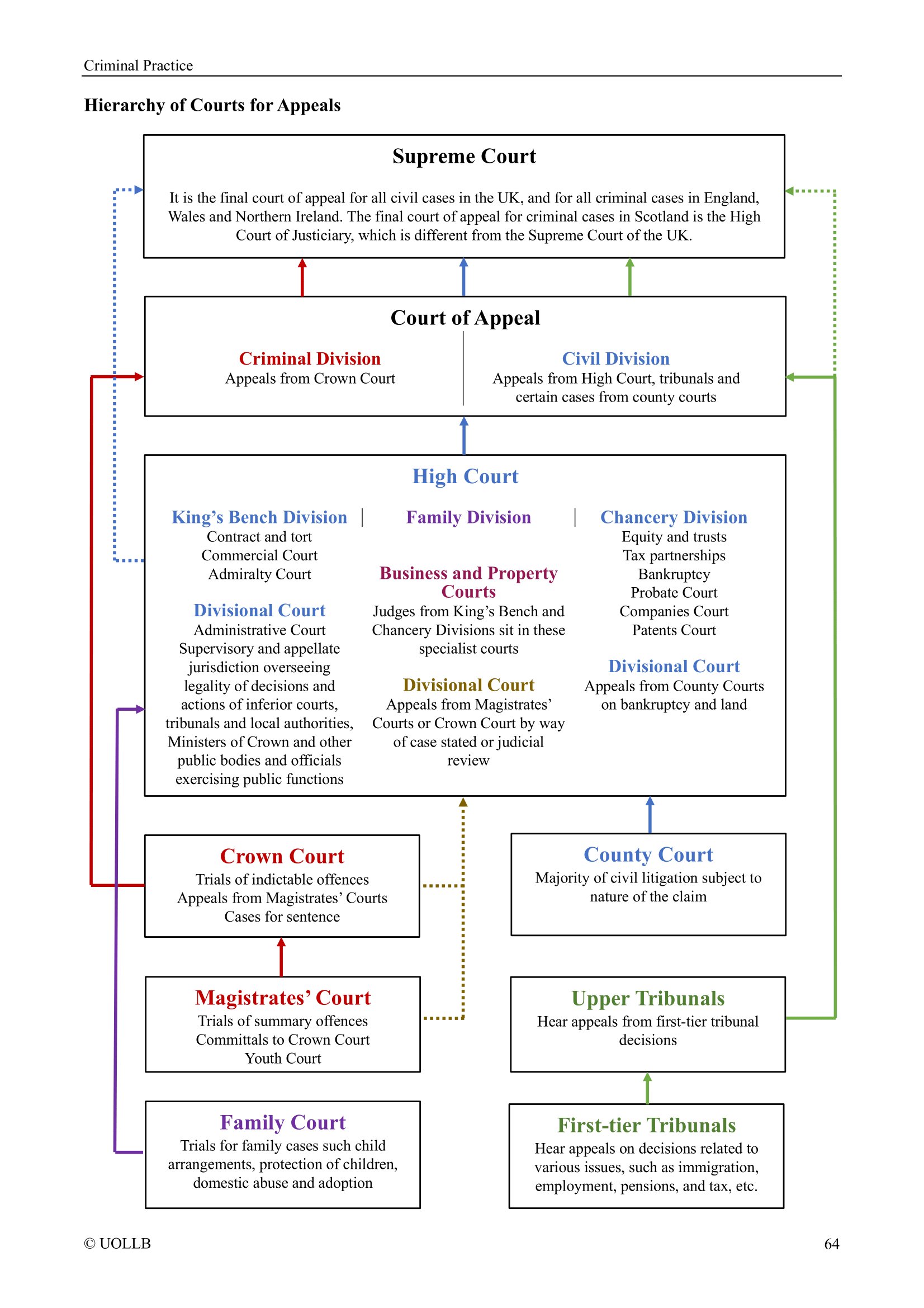Caveat Emptor
Share
The phrase caveat emptor, meaning "let the buyer beware", is a well-known concept in common law. It places the responsibility on the buyer to thoroughly investigate the title and condition of the item they are purchasing before finalising the transaction. According to this principle, buyers must take active steps to protect their interests by inspecting goods and property, especially in private transactions. While the buyer is responsible for their own due diligence, the seller is not entirely free from obligations under common law. The seller has a duty to disclose any known defects in the title of the property or goods being sold.
During the 19th century, the principle of caveat emptor was closely tied to the idea of Freedom of Contract, a time when legal interventions in private contracts were minimal. The philosophy behind caveat emptor during this period was to promote competition in the marketplace by placing more responsibility on buyers rather than on sellers. The primary focus was on protecting competitors in the marketplace rather than consumers. Legislation to regulate transactions was scarce, and as a result, the common law rule of caveat emptor took on greater significance, placing the burden on the buyer to ensure that they were making an informed purchase.
Caveat Emptor in English Law
In English law, the fundamental rule that reflects caveat emptor is known as the nemo dat quod non habet principle, meaning "no one can give what they do not have". This principle governs the sale of goods, ensuring that a seller cannot transfer better ownership rights than they themselves possess. If a person sells goods they do not legally own or lack the authority to sell, the buyer cannot acquire a valid title. For example, if someone purchases a stolen car from a rogue seller, they do not obtain valid ownership, and the true owner can reclaim the car. The buyer, in such a case, would be left with a remedy in damages against the rogue seller, but the car would return to its rightful owner under principles set out in the Torts (Interference with Goods) Act 1977.
The famous case of Bishopgate Motor Finance Corporation Ltd v Transport Brakes Ltd [1949] is illustrative of the tension between two key principles in English law. Lord Denning recognised that the legal system must balance two competing interests. On one hand, there is the need to preserve property rights, meaning that no one can transfer a better title than they hold. On the other hand, there is the need to protect business transactions, so that those who purchase property in good faith and for value can have security of title. This balance between protecting original owners and protecting innocent buyers underpins much of the legal doctrine surrounding the sale of goods.
Sale of Goods Act 1979
The nemo dat principle is enshrined in legislation under the Sale of Goods Act 1979, specifically in Section 21. This section provides that when goods are sold by someone who is not the rightful owner and does not have the owner's consent to sell them, the buyer does not acquire a better title than the seller had. However, the law makes allowances where the true owner, by their conduct, has effectively allowed the buyer to assume that the seller had authority to sell. In such cases, the true owner may be barred from denying the validity of the sale, offering protection to the buyer who acted in good faith.
Origins of Caveat Emptor
The doctrine of caveat emptor has ancient roots, tracing back to Roman law, where it was first applied to safeguard buyers in transactions. English common law later adopted and developed this principle, emphasising the buyer's responsibility to ensure that they are satisfied with the quality and suitability of the goods they purchase. The premise of caveat emptor was that sellers may not always provide full disclosure about a product's condition, and thus it was up to the buyer to exercise caution and investigate before making a purchase.
Over time, the principle of caveat emptor has evolved, particularly with the development of consumer protection laws. Modern legislation, such as the Consumer Rights Act 2015, requires sellers to provide certain guarantees about the quality and fitness of goods, thus shifting some of the burden away from the buyer. Today, sellers are required to disclose key information about their products, and buyers are entitled to certain legal protections if the goods do not meet specified standards. Nevertheless, caveat emptor remains an important doctrine in contract law, particularly in transactions where the parties are of equal bargaining power and are expected to protect their own interests through negotiation and due diligence.
During the 19th century, the principle of caveat emptor was closely tied to the idea of Freedom of Contract, a time when legal interventions in private contracts were minimal. The philosophy behind caveat emptor during this period was to promote competition in the marketplace by placing more responsibility on buyers rather than on sellers. The primary focus was on protecting competitors in the marketplace rather than consumers. Legislation to regulate transactions was scarce, and as a result, the common law rule of caveat emptor took on greater significance, placing the burden on the buyer to ensure that they were making an informed purchase.
Caveat Emptor in English Law
In English law, the fundamental rule that reflects caveat emptor is known as the nemo dat quod non habet principle, meaning "no one can give what they do not have". This principle governs the sale of goods, ensuring that a seller cannot transfer better ownership rights than they themselves possess. If a person sells goods they do not legally own or lack the authority to sell, the buyer cannot acquire a valid title. For example, if someone purchases a stolen car from a rogue seller, they do not obtain valid ownership, and the true owner can reclaim the car. The buyer, in such a case, would be left with a remedy in damages against the rogue seller, but the car would return to its rightful owner under principles set out in the Torts (Interference with Goods) Act 1977.
The famous case of Bishopgate Motor Finance Corporation Ltd v Transport Brakes Ltd [1949] is illustrative of the tension between two key principles in English law. Lord Denning recognised that the legal system must balance two competing interests. On one hand, there is the need to preserve property rights, meaning that no one can transfer a better title than they hold. On the other hand, there is the need to protect business transactions, so that those who purchase property in good faith and for value can have security of title. This balance between protecting original owners and protecting innocent buyers underpins much of the legal doctrine surrounding the sale of goods.
Sale of Goods Act 1979
The nemo dat principle is enshrined in legislation under the Sale of Goods Act 1979, specifically in Section 21. This section provides that when goods are sold by someone who is not the rightful owner and does not have the owner's consent to sell them, the buyer does not acquire a better title than the seller had. However, the law makes allowances where the true owner, by their conduct, has effectively allowed the buyer to assume that the seller had authority to sell. In such cases, the true owner may be barred from denying the validity of the sale, offering protection to the buyer who acted in good faith.
Origins of Caveat Emptor
The doctrine of caveat emptor has ancient roots, tracing back to Roman law, where it was first applied to safeguard buyers in transactions. English common law later adopted and developed this principle, emphasising the buyer's responsibility to ensure that they are satisfied with the quality and suitability of the goods they purchase. The premise of caveat emptor was that sellers may not always provide full disclosure about a product's condition, and thus it was up to the buyer to exercise caution and investigate before making a purchase.
Over time, the principle of caveat emptor has evolved, particularly with the development of consumer protection laws. Modern legislation, such as the Consumer Rights Act 2015, requires sellers to provide certain guarantees about the quality and fitness of goods, thus shifting some of the burden away from the buyer. Today, sellers are required to disclose key information about their products, and buyers are entitled to certain legal protections if the goods do not meet specified standards. Nevertheless, caveat emptor remains an important doctrine in contract law, particularly in transactions where the parties are of equal bargaining power and are expected to protect their own interests through negotiation and due diligence.























































